Our faculty and staff regularly engage in small-scale unfunded projects that focus on addressing a specific challenge or need facing Oregon’s disability community. Once pilot tested, the materials, tools, or technology developed through these projects are generally provided to the public at no cost.
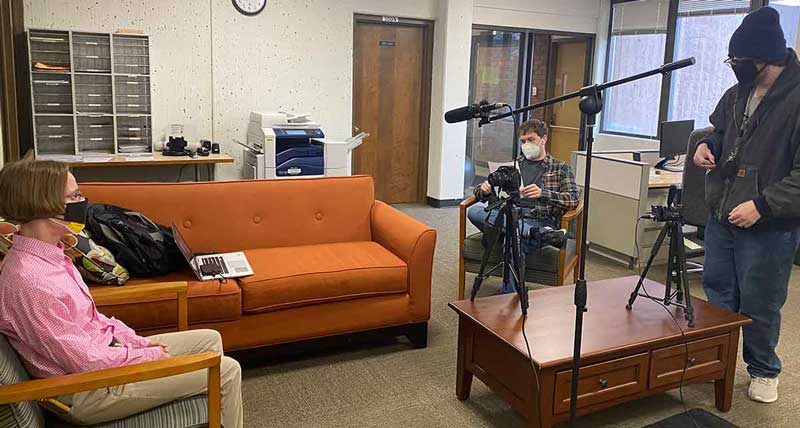
The Lived Experience Video Project, inclusively created by a neurodiverse team, provides brief videos to enhance learning opportunities such as university courses or professional development opportunities.

Tel Woolsey is working with transition coordinators in the state of Oregon to develop an app that can be used by individuals with disabilities, families, and professionals to identify community specific resources and supports.
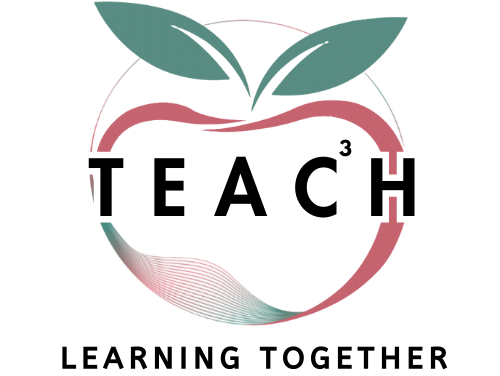
TEAC3H is an innovative online professional development program designed for Educational Assistants (EAs) and educators working in elementary settings with students experiencing emotional or behavioral challenges. All EAs are linked to a supervisor or coach and complete modules based on evidence-based practices comprising instruction, pro-tips, video models, practice, and feedback.
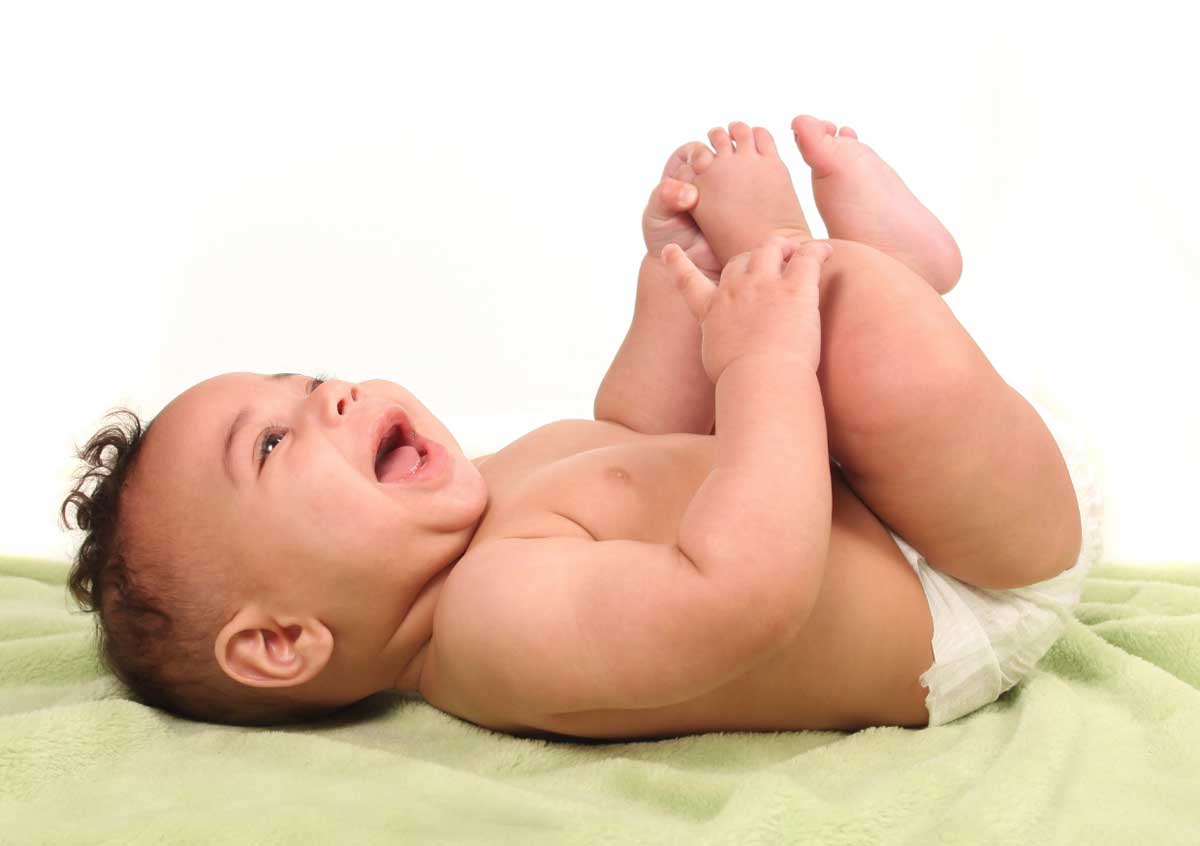
The Oregon Screening Project is an online free, public service where all Oregon families with children in ages 1 month to 6 years can check their child’s development anytime using two standardized parent-completed screening measures. This service was created and is operated by the Early Intervention Program at the University of Oregon with support from the University Center for Excellence in Developmental Disabilities(UCEDD) and the Oregon Department of Education.
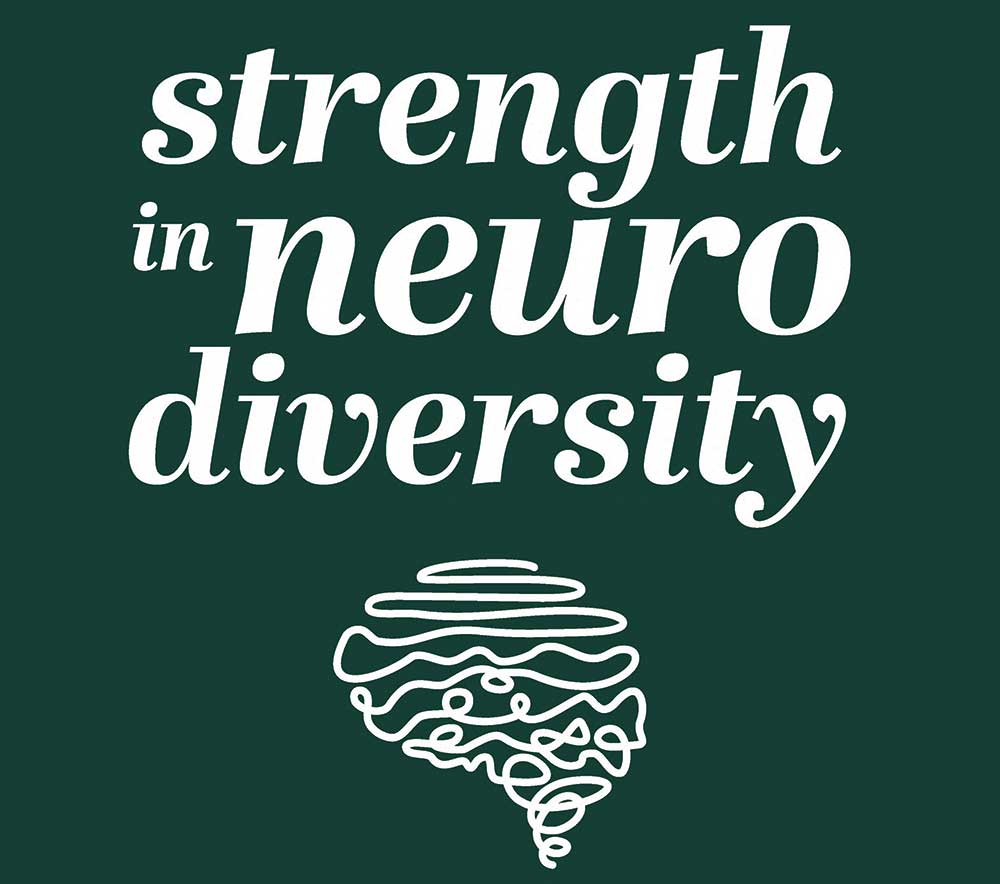
The University of Oregon UCEDD participates in this annual, free community event presented by The Arc Lane County to educate the greater public community and celebrate the strengths that all people contribute to our community.

The UCEDD is working with a state team led by Em Bramen, Executive Director of the ARCOregon to promote and create opportunities for education, accessible tools, and resources for professionals, parents, and self-advocates about alternatives to guardianship for transition-aged youth with disabilities.

Project RISE is a university-wide initiative to hire a greater number of adults with intellectual and developmental disabilities at the University of Oregon. The Center on Human Development is working with local employment agencies and Oregon Vocational Rehabilitation on capacity building activities including awareness, training, and technical-assistance modules to facilitate greater employment among this population in every department and unit at the university.
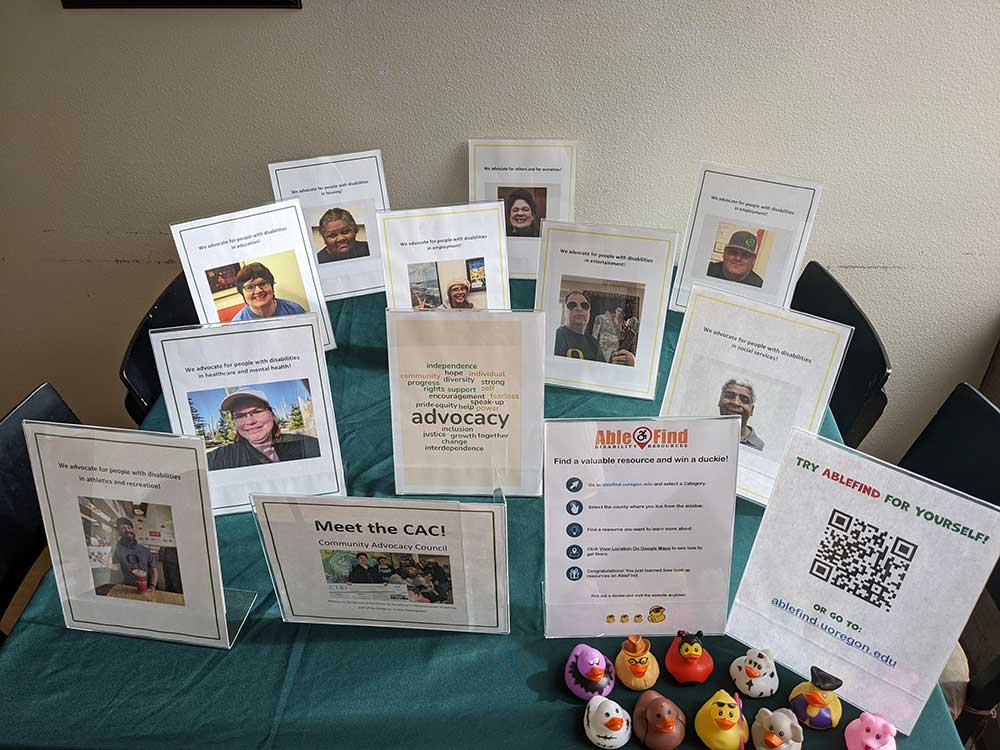
Our Community Advocacy Council (CAC) enjoys participating in disability-focused conferences and gatherings such as transition-to-adulthood education nights, advocacy summits, and local neurodiversity festivals. Members are active advocates in non-disability-focused community spaces such as farmers markets, school activities nights, craft fairs, and Pride Days. At these events, members staff a table with engaging activities to share information about the importance of inclusion, how people can advocate for themselves, and how to get involved in the advocacy movement.
CAC members welcome invitations to serve in focus groups and in advisory capacities such as research projects and service systems improvement projects. Please email ucedd@uoregon.edu for more information
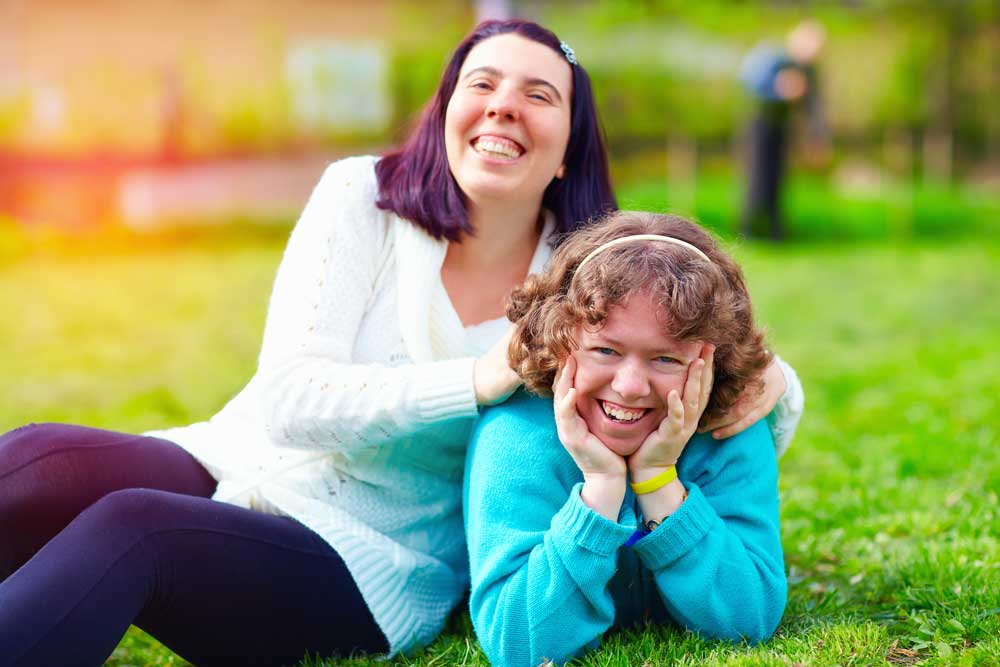
Strong, Safe & Free is a sexual assault prevention curriculum for people who have developmental disabilities. There are many behaviors and skills that family, friends, caregivers and service providers can encourage and foster in people with developmental disabilities to help them stay safe from abuse.
